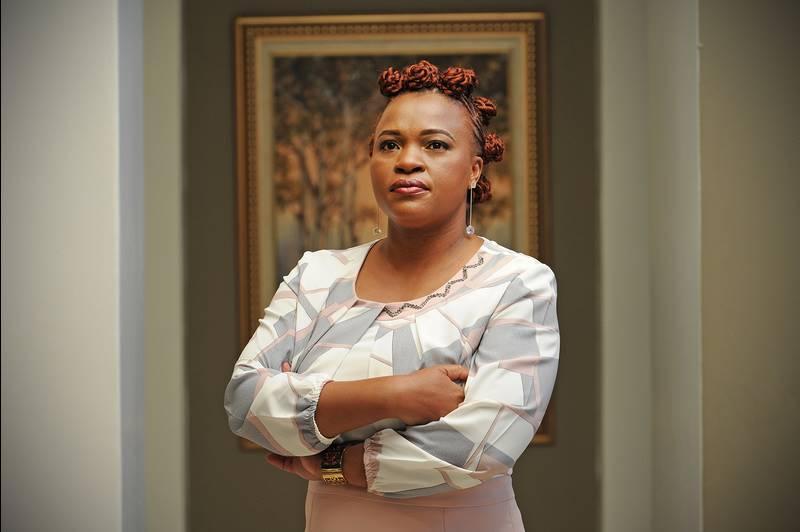Africa-Press – South-Africa. University of Cape Town Council chair Babalwa Ngonyama has tendered her resignation, which is effective immediately.
Citing the impact of the “current circumstances on [her] wellness and health”, she said she considered her “unreserved commitment… which was and is to put the interests of the institution first and foremost at all times”.
The move comes weeks after the departure of former vice-chancellor, Professor Mamokgethi Phakeng, who – together with Ngonyama – found themselves at the centre of an independent judicial investigation into the governance crisis at the institution.
A panel was constituted last year, following allegations that Ngonyama had supplied false reasons to the UCT senate for the early departure of Professor Lis Lange, who was the deputy vice-chancellor for learning and teaching.
According to Ngonyama, Lange chose to leave of her own accord for personal reasons.
Lange, however, denied this, saying Ngonyama had effectively pushed her out and told her that Phakeng didn’t want her to continue as her second in command.
In a communiqué announcing her resignation, Ngonyama said she was “willing to cooperate with the work of the panel as it presents UCT with an opportunity to address the challenges that beset the university”.
But, she argued, it was “one thing to focus on improving governance at UCT; it is a completely different matter to use the process in an attempt to lay blame”.
Challenging the procedural fairness of the process, Ngonyama said allegations had been made against her by some who had appeared before the panel, whereafter she requested to be furnished with their statements.
This, she said, so that she could “thoroughly respond to them and be afforded an adequate opportunity to address them”. Ngonyama also requested to be allowed to cross-examine the witnesses.
She added:
“It is important for any person appearing before the panel, who needs to respond to claims against them, to be given access to any statements or evidence presented by those making the claims against them. Unfortunately, the panel has been unwilling to grant me this opportunity, which conflicts with a basic tenet of procedural fairness.”
Ngonyama then took the matter to the Western Cape High Court, where she also challenged the nature and extent of the panel’s powers.
“This prompted the panel to release a pre-emptive interim report to council, recommending that steps be taken to remove me as chair,” she said.
“It would be a disservice to see a situation where the university returns to the days of instability or sections within the university once again becoming polarised by this matter. It is for this reason that I have concluded that it was best for me to resign and deal with this matter outside the council through the available legal mechanisms.”
“What is important is that fairness, transparency, justice and due process prevails,” she said.
Phakeng decided to retire early, effective 1 April. President Cyril Ramaphosa has since appointed her to the 11-member national orders advisory council.
Emeritus Professor Daya Reddy has been appointed as the university’s interim vice-chancellor.
For More News And Analysis About South-Africa Follow Africa-Press






